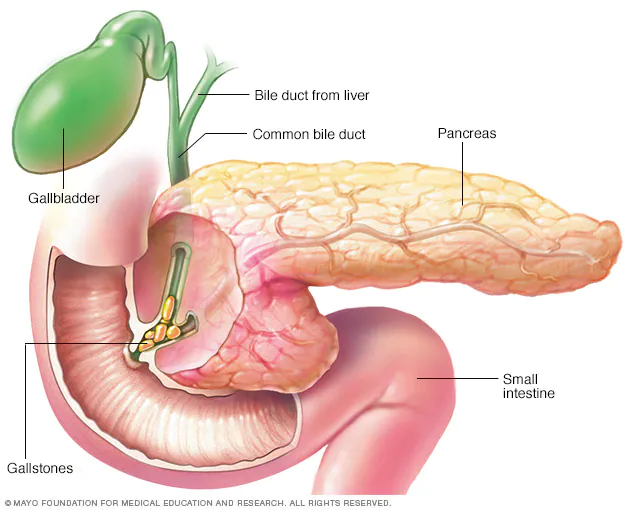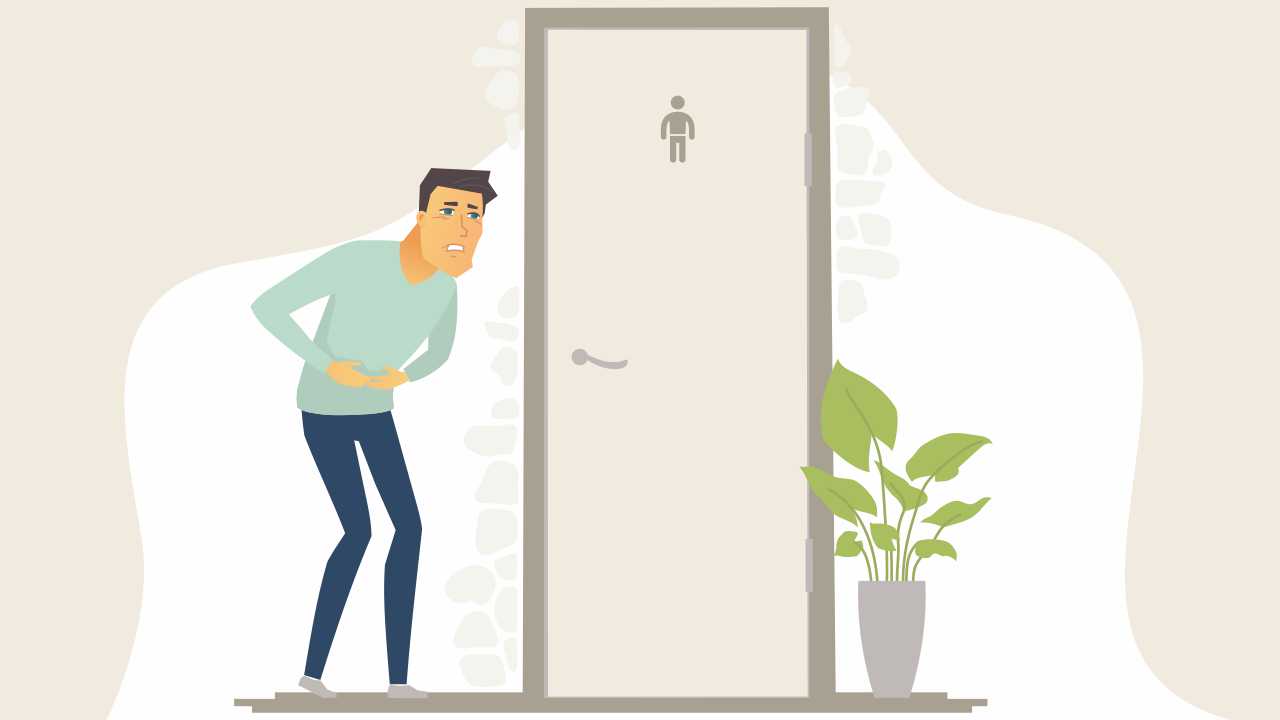Pancreatitis is an inflammation of the pancreas, a gland located behind the stomach that plays a crucial role in digestion and blood sugar regulation. The symptoms of pancreatitis can vary in severity, but they generally include:
1. Abdominal Pain: This is the most common symptom of pancreatitis. The pain is often described as a steady, intense, or gnawing pain in the upper abdomen, which may radiate to the back. The pain can be severe and may become worse after eating, especially meals that are high in fat.
2. Nausea and Vomiting: Many people with pancreatitis experience nausea and may vomit, which can be especially pronounced if the inflammation is severe.
3. Loss of Appetite: Pancreatitis can lead to a decreased appetite, and individuals may avoid eating due to the pain and discomfort.
4. Fever and Chills: In cases of acute pancreatitis (sudden inflammation), there may be an associated fever and chills.
5. Tenderness or Swelling of the Abdomen: The abdomen may feel tender to the touch, and there can be abdominal swelling or distension.
6. Jaundice: In some cases, particularly when the inflammation affects the bile ducts, the skin and whites of the eyes may turn yellow, a condition known as jaundice.
7. Rapid Pulse: An elevated heart rate (tachycardia) is a possible symptom of pancreatitis.
8. Low Blood Pressure: Severe cases of pancreatitis can lead to low blood pressure (hypotension) and shock.
9. Difficulty Breathing: If the inflammation spreads to surrounding tissues, it may lead to difficulty breathing.
It’s important to note that the severity and duration of symptoms can vary. Acute pancreatitis comes on suddenly and often requires immediate medical attention. Chronic pancreatitis, on the other hand, develops gradually and can lead to long-term complications. Chronic pancreatitis may have recurrent episodes of abdominal pain and digestive issues.
If you or someone you know experiences symptoms of pancreatitis, particularly severe abdominal pain, it’s essential to seek medical attention promptly. Pancreatitis can lead to serious complications, including tissue damage, infection, and organ failure. A healthcare provider can perform tests, such as blood tests and imaging studies (e.g., CT scan, ultrasound), to diagnose pancreatitis and determine the appropriate treatment.
For more information, consult Dr. Vedant Karvir the Best Gastroenterologist in Borivali Practicing at Globus Gastroenterology Hospital



